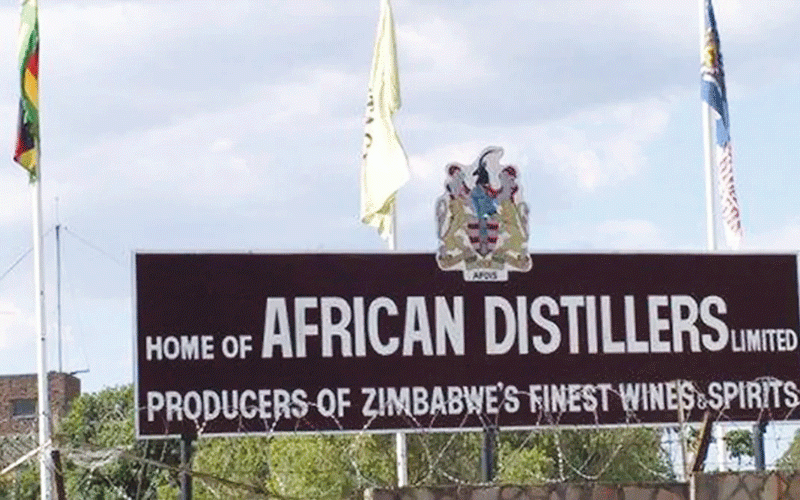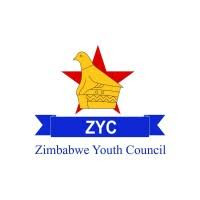
Following the outcry over the request by the Postal and Telecommunications Regulatory Authority of Zimbabwe (Potraz) for mobile operators to submit proposals on tariffs for over the top (OTT) voice calls, the authority has responded.
Below are excerpts from the interview.
Q1. POTRAZ has set floor prices for voice and data for bundled services including promotional packages from January 9. The floor prices are 12c per minute for voice and 2c per megabyte for data. What motivated the introduction of these floor
A1. POTRAZ, has a mandate in terms of section 4 of the Postal and Telecommunications Act Chapter 12:05 to ensure sustainable and consistent provision of domestic and international telecommunication services. Therefore, the introduction of floor prices will ensure consistent and sustainable long-term provision of services to all Zimbabweans. Q2. How will floor prices solve the issue of a reduction of revenue realised by mobile network operators?
A2. Floor pricing does not only focus on revenue, but on sustaining long-term provision of service to consumers throughout the Country. Q3. Does setting a floor price not stifle innovation in the telecommunications sector and put the burden of reduced revenue on the consumer by making them pay more for data services?
A3. One of POTRAZ’s mandates is to promote innovation. Therefore, the Authority has a duty to capacitate innovation drives in line with global technological developments by creating an enabling environment for the sector to provide innovative services, failure of which there would be no innovation to talk about. Q4. Some members of the public have complained that the new floor prices make data specifically more expensive for example a 250mb daily bundle from Econet would essentially be priced at $5 and NetOne’s One Fusion package is likely to become more expensive. Why then would POTRAZ opt for tariffs that will make data more expensive for the consumer particularly in the prevailing economic climate?
A4. POTRAZ’s aim is to keep is the price of data as low as possible while ensuring sustainability of the sector and protection of consumers. The Authority’s intention in setting floor prices is, therefore, to maintain a delicate balance between service affordability by consumers and operator viability.
Q5. Last year in October, there were reports that POTRAZ intended to reduce the data tariff but now the opposite seems to be the case. How does POTRAZ reconcile the intention to reduce data tariffs, the third most expensive in Africa with these new floor prices?
- Chamisa under fire over US$120K donation
- Mavhunga puts DeMbare into Chibuku quarterfinals
- Pension funds bet on Cabora Bassa oilfields
- Councils defy govt fire tender directive
Keep Reading
A5. The Authority is currently carrying out studies to review the cost models used in tariff setting which were designed in 2014 to ensure fair pricing. The results of the study will guide any tariff changes. Q6. POTRAZ is also said to be in talks with Mobile Network Operators (MNOs) to put a premium on specific OTT services such as WhatsApp calls. What has motivated this and is this the most innovative way for MNOs earn revenue in light of the competition they have faced from OTT services?
A6. POTRAZ is currently consulting stakeholders in the sector and conducting research on the impact of OTTs and how to reduce the negative impact of the same on sector viability while harnessing their advantages in line with global trends. Q7. There is a view in other parts of the world that the right to internet access should be a basic right accorded to all people. In fact, last year the United Nations Human Rights Council released a non-binding resolution condemning intentional disruption of internet access by governments and affirmed that “the same rights people have offline must also be protected online.” What is POTRAZ doing to ensure that internet access is readily and cheaply accessible to all Zimbabweans?
A7. One of POTRAZ’s mandates is to protect consumers. In this regard the Authority, has included network roll-out obligations in all operators’ licences to ensure access to all telecommunication services for all Zimbabweans.
In this regard rolling out of shared passive infrastructure and community information centres to remote and unserved areas is currently underway.
It is important to note that the right to access depends on the ability to provide a sustainable service.
Q8. There is a new Cyber Bill that has been proposed which plans in part to regulate online communication. How will this regulation of communication work in practice and will it not infringe on citizens’ rights to free speech and to privacy?
A8. Most countries in the world have cyber laws to protect their citizens from hackers, fraudsters and other cyber criminals. Zimbabwe should not be an exception. Having responded to your questions please note that in line with the Authority’s mandate of promoting e-education and innovation, operators are encouraged to develop cost effective packages for educational institutions and students that encourage this initiative.











